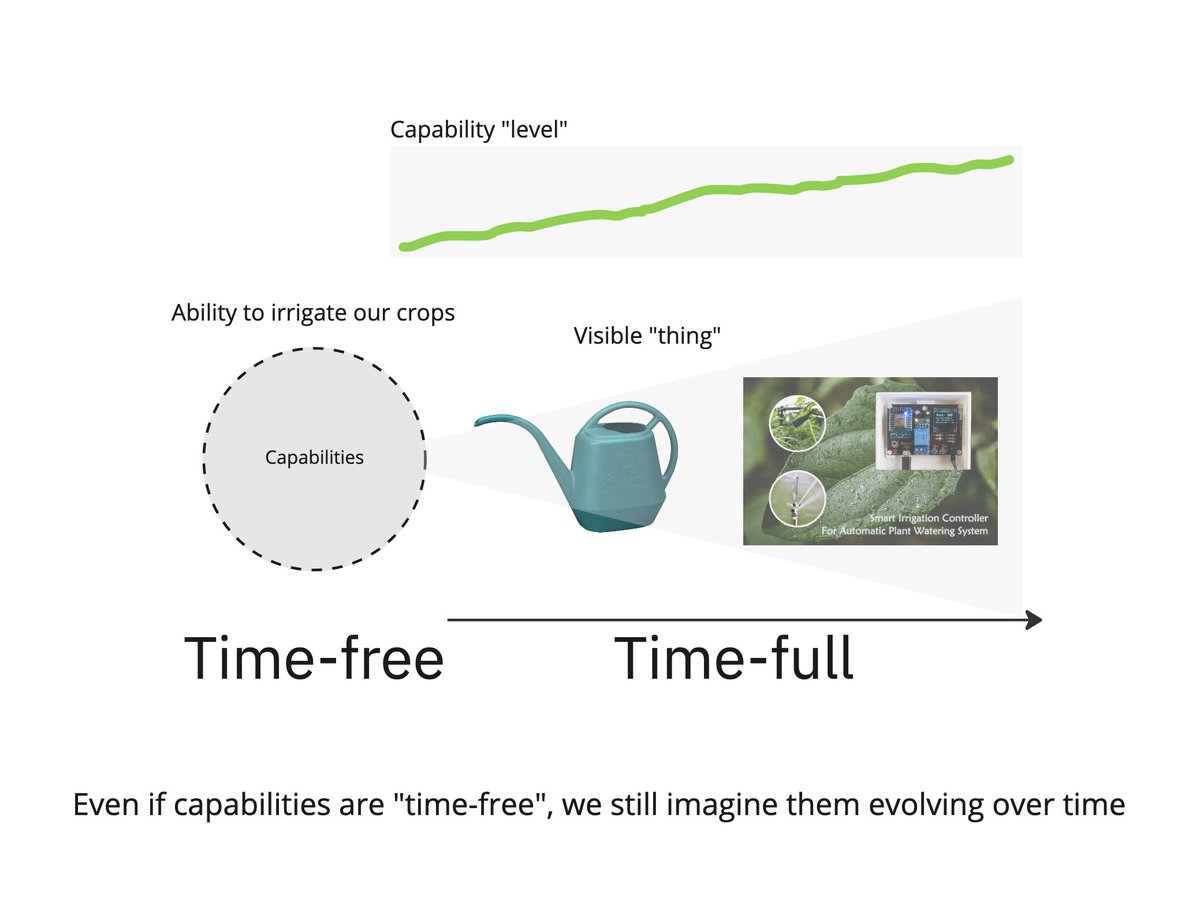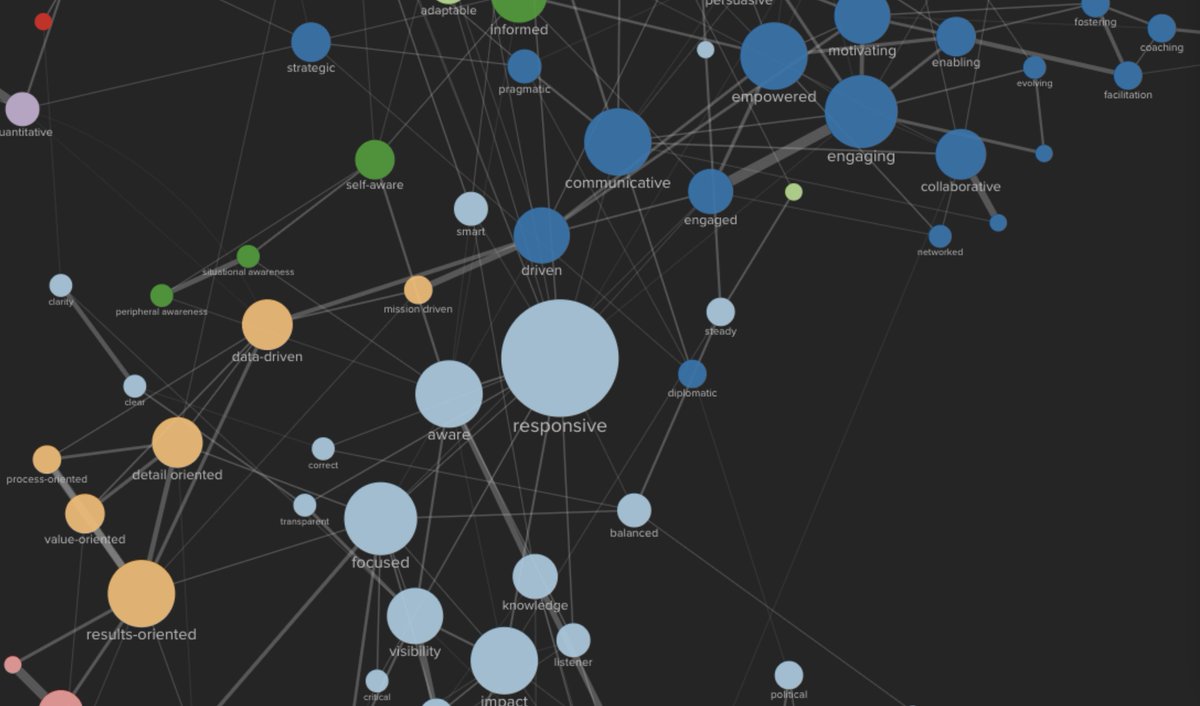0/12- So... you feel devalued at work. That your work (craft, perspective) isn't appreciated. You feel diminished and pushed to the side. I've been there. It can be paralyzing.
What can help? #design #ux #prodmgmt #testing
What can help? #design #ux #prodmgmt #testing
1/12- Empathy... all of your coworkers probably feel, to some degree, that their work is not fully valued and understood. Only one of your coworkers actually has *lots* of power...the CEO, and even she reports to a board.
2/12- Realize that often efforts to "get a seat at the table" without closer collaboration actually makes the problem worse. We all imagine we will be *more responsible* once we get "power". And then realize we were solving the wrong problem.
3/12- If we only reflect being valued based on the org chart, or budgets, we'll all be in for a very, very rough time work-wise (and work identity wise).
If you frame their pushback as kingdom building and spite vs. lack of exposure and experience, you'll be filled with anxiety
If you frame their pushback as kingdom building and spite vs. lack of exposure and experience, you'll be filled with anxiety
4/12 Keep fundamental attribution bias in mind:
"in contrast to interpretations of their own behavior, people tend to (unduly) emphasize the agent's internal characteristics (character or intention), rather than external factors, in explaining other people's behavior."
"in contrast to interpretations of their own behavior, people tend to (unduly) emphasize the agent's internal characteristics (character or intention), rather than external factors, in explaining other people's behavior."
5/12- Put another way... it is easy to frame this as nasty, incompetent people not giving you your due! While your own bad behavior can be blamed on the system ("this place sucks").
"THAT PM thinks they can design, what a tool!"
"THAT PM thinks they can design, what a tool!"
6/12- Look deeply at your own biases and the degree to which you may value/devalue/feel threatened by the work of others. Sense how you may carry those things into your day to day interactions with people.
7/12- Have you noticed in your personal life how sensing a power imbalance impacts your posture? How you communicate? What you share? Your ability to focus? This takes practice and level of self-awareness, but once you notice....it is an eye opener.
8/12- The books Crucial Conversations (and Getting to Yes w/Yourself) both make an important -- but hard to swallow -- point. It is possible to influence more effectively even with less formal power and authority. It takes practice. It starts with negotiating with yourself.
9/12- I have witnessed this first hand through my career and it is humbling: people communicating clearly, about their needs, about value, and being amazing listeners. With no formal authority. I fight it -- oh, they're privileged and just lucky -- but have been proven wrong.
10/12- Imagine a person being able to communicate that they don't feel listened to, and suggest a way forward without causing relationships to explode. They make the team stronger instead of weaker while addressing their needs.
We can all be better at this.
We can all be better at this.
11/12- "Show don't tell". So simple. So cliche. But so human.
One challenge here is you feel you "shouldn't have to" show this! It is an unfair burden of proof!
Helpful exercise...consider how you've changed perspectives personally. Was it be told? Or being shown?
One challenge here is you feel you "shouldn't have to" show this! It is an unfair burden of proof!
Helpful exercise...consider how you've changed perspectives personally. Was it be told? Or being shown?
12/12
Sales "PdM is all high and mighty"
PdM "Sales doesn't understand"
Design "Eng and PdM don't understand"
Eng "PdM doesn't understand"
Testing "Lol"
IT "yawn, next"
Support "oh dear"
The challenge is here to stay. On some level, we all need to embrace it.
Sales "PdM is all high and mighty"
PdM "Sales doesn't understand"
Design "Eng and PdM don't understand"
Eng "PdM doesn't understand"
Testing "Lol"
IT "yawn, next"
Support "oh dear"
The challenge is here to stay. On some level, we all need to embrace it.
• • •
Missing some Tweet in this thread? You can try to
force a refresh















